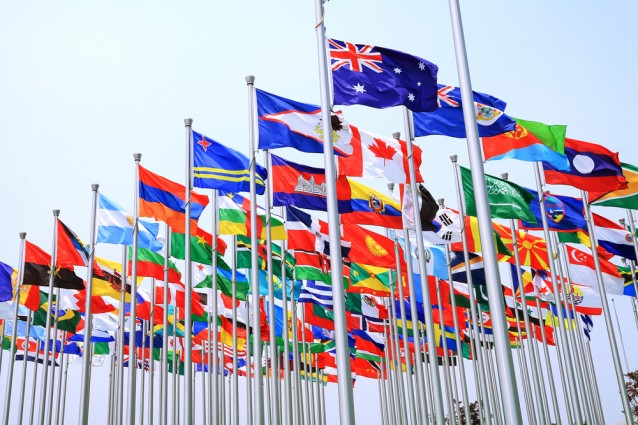UN human rights experts, on Monday called on the United States to end its freeze on Afghanistan’s foreign assets following the humanitarian situation in the country.
According to the group of experts, the Da Afghanistan Bank has more than seven billion dollars in blocked reserves that can be used to provide desperately-needed humanitarian relief to tens of millions in the country.
In February, President Joe Biden issued an Executive Order to continue to block the cash and reportedly use part of the funds for purposes within the U.S., instead of the immediate and longer-term humanitarian needs in Afghanistan.
The rights experts in a statement said that humanitarian exemptions to Afghan sanctions agreed to by UN Security Council in December 2021 had led to “no significant progress” in financial or commercial aid to Afghanistan.
According to the experts, this is as many foreign banks are concerned about breaching restrictions.
Gravely concerned about the humanitarian crisis in the country, the experts said it “puts at serious risk the lives of more than half of the country’s population”.
“While gender-based violence has been a long-standing and severe threat to women and girls, it has been exacerbated by the measures imposed by the U.S., together with the drought and widening gender-based discrimination adopted by the de facto authorities.
According to international assessments, Afghanistan has now the highest number of people in emergency food insecurity in the world, with more than 23 million in need of assistance.
Approximately 95 per cent of the population has insufficient food consumption.
Of particular concern is the vulnerability of more than four million internally displaced, including people belonging to minorities and over 3.5 million seeking refuge in neighbouring countries.
According to the experts, the U.S. Executive Order may exacerbate the climate of uncertainty among relevant actors, resulting in over-zealous compliance with sanctions, thus preventing Afghans from access to basic humanitarian goods.
The UN experts called on the U.S. to seriously consider the growing humanitarian crisis in Afghanistan and re-assess its decision to block the Da Afghanistan Bank’s foreign assets.
They recalled that States have an obligation under international human rights law to guarantee that activity under their jurisdiction does not result in human rights violations.
In addition, they called on U.S. authorities to take all appropriate actions to reverse the unilateral measure and contribute to international efforts in addressing the growing humanitarian crisis in the country.
